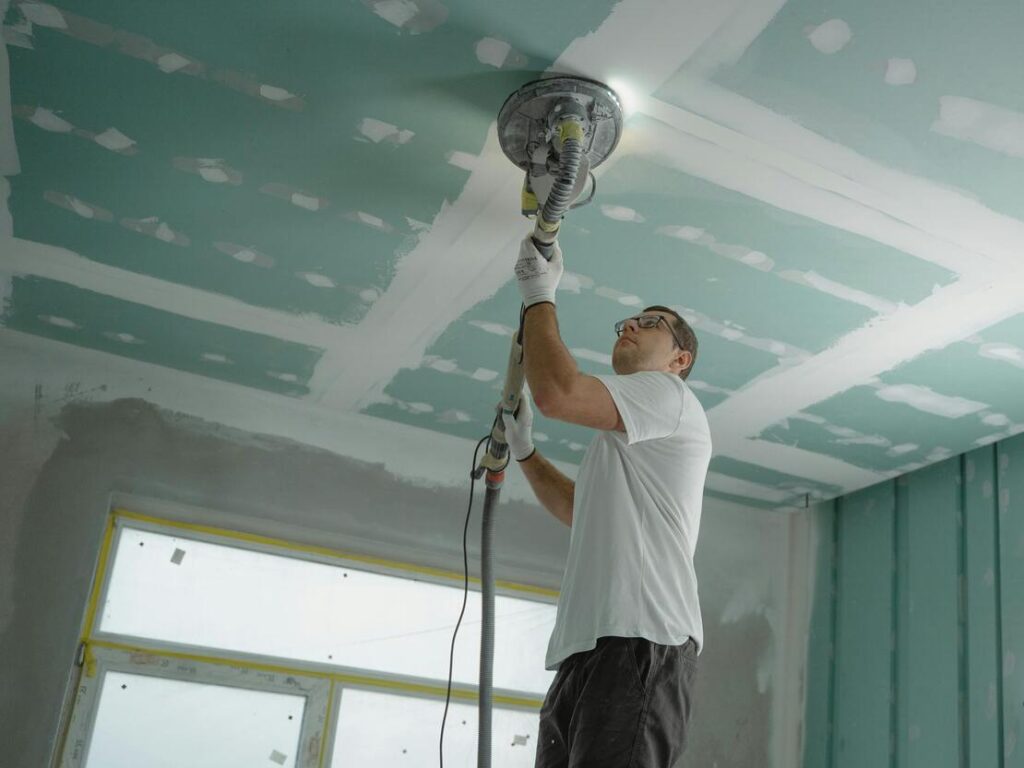Sustainable Renovation Practices

In today’s world, sustainability has become an increasingly important consideration in all aspects of life, including home renovation. As we become more aware of our environmental impact and the importance of preserving natural resources, many homeowners are turning to sustainable renovation practices as a way to minimize their carbon footprint and create healthier living spaces. By incorporating eco-friendly materials, energy-efficient upgrades, and waste reduction strategies into their renovation projects, homeowners can not only reduce their environmental impact but also enjoy a range of other benefits, from lower utility bills to improved indoor air quality.
One of the key principles of sustainable renovation is the use of eco-friendly materials. Traditional building materials, such as concrete, steel, and vinyl, often have a significant environmental impact due to their extraction, production, and transportation processes. In contrast, eco-friendly materials, such as reclaimed wood, bamboo, cork, and recycled glass, are made from renewable resources or recycled materials and have a lower environmental footprint. By choosing eco-friendly materials for their renovation projects, homeowners can reduce the demand for virgin resources, minimize waste, and support sustainable industries.
In addition to using eco-friendly materials, incorporating energy-efficient upgrades is another important aspect of sustainable renovation. Heating, cooling, and lighting account for a significant portion of a home’s energy usage, so making energy-efficient upgrades can lead to significant savings on utility bills and reduce greenhouse gas emissions. Energy-efficient upgrades can include installing high-efficiency heating and cooling systems, upgrading to LED lighting, improving insulation and air sealing, and investing in renewable energy systems, such as solar panels or geothermal heat pumps. By reducing energy consumption and reliance on fossil fuels, homeowners can lower their carbon footprint and contribute to a more sustainable future.

Minimizing waste is another key component of sustainable renovation. Construction and demolition waste account for a significant portion of the waste generated in the United States, so finding ways to reduce, reuse, and recycle materials during renovation projects is essential for minimizing environmental impact. Homeowners can minimize waste by carefully planning their renovation projects to avoid overordering materials, salvaging and repurposing existing materials whenever possible, and recycling or donating materials that are no longer needed. By adopting waste reduction strategies, homeowners can divert materials from landfills and conserve valuable resources.
Overall, there are many benefits to adopting sustainable renovation practices. In addition to reducing environmental impact, sustainable renovation can lead to lower utility bills, improved indoor air quality, and increased comfort and durability. By choosing eco-friendly materials, incorporating energy-efficient upgrades, and minimizing waste, homeowners can create healthier, more sustainable living spaces that benefit both the environment and their own well-being.
Sustainable renovation practices are essential for creating healthier, more environmentally friendly homes. By using eco-friendly materials, incorporating energy-efficient upgrades, and minimizing waste, homeowners can reduce their environmental impact, lower their utility bills, and enjoy a range of other benefits. With the growing availability of eco-friendly materials and energy-efficient technologies, there’s never been a better time to embrace sustainability in home renovation.








